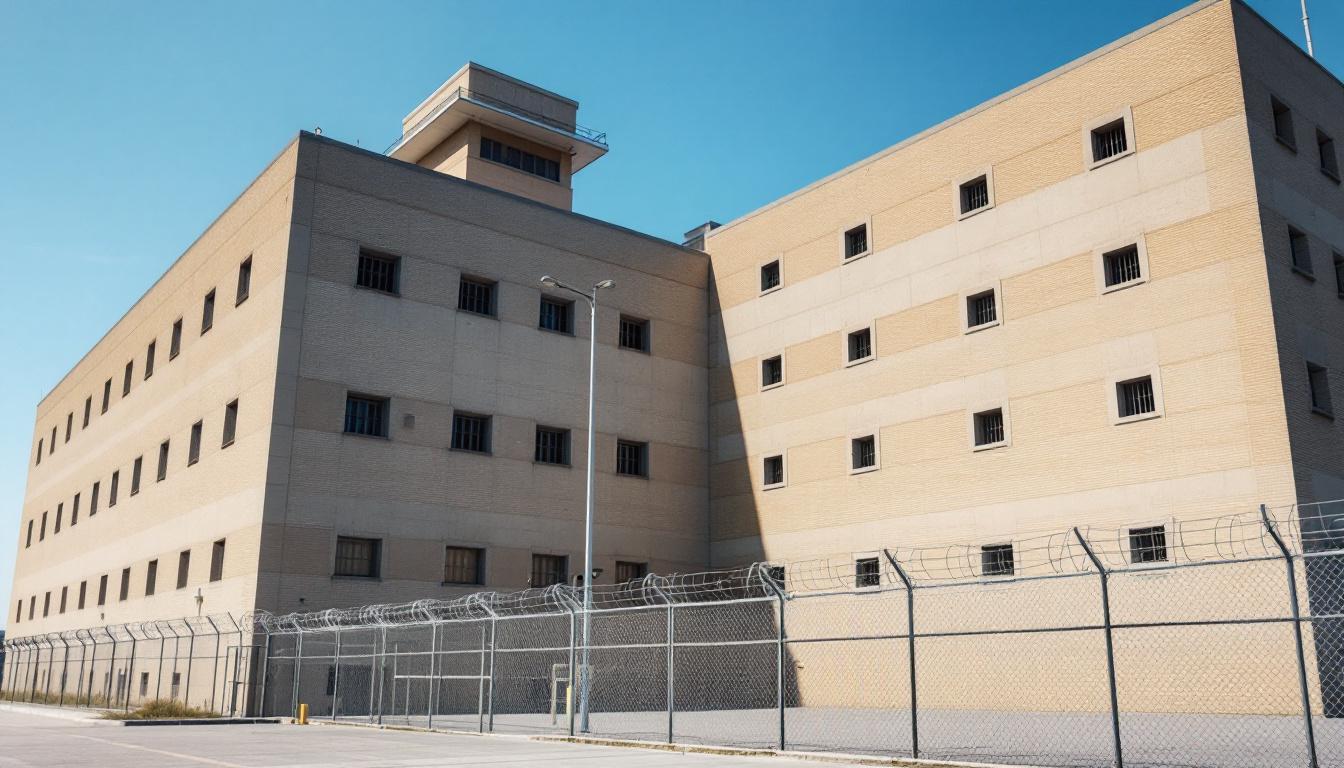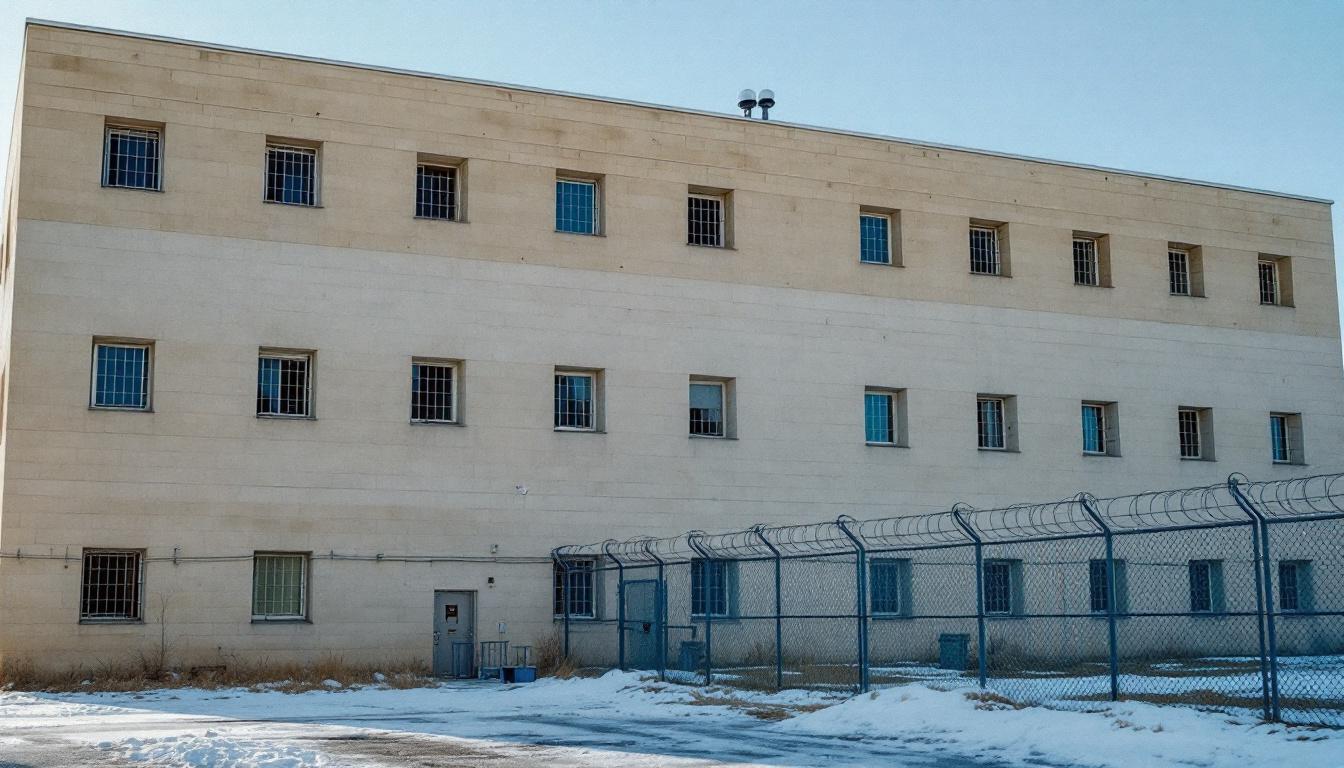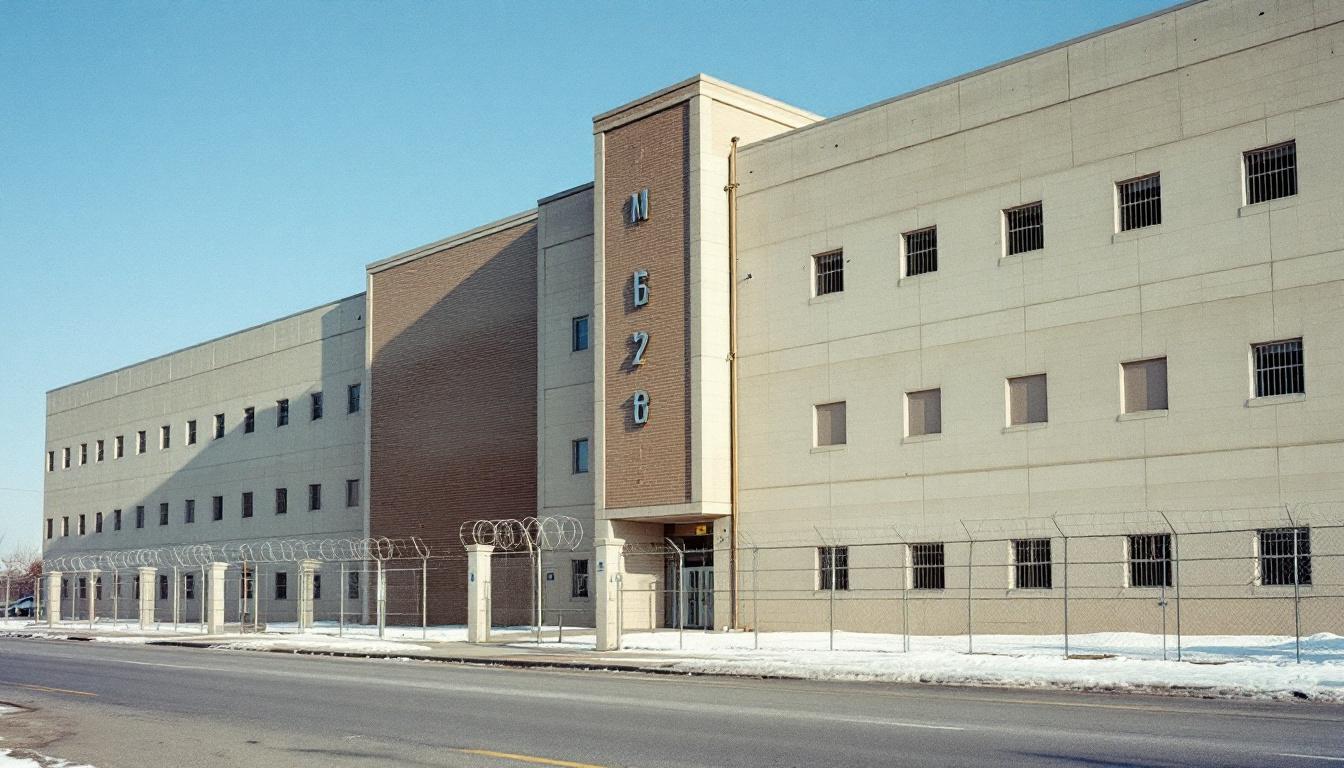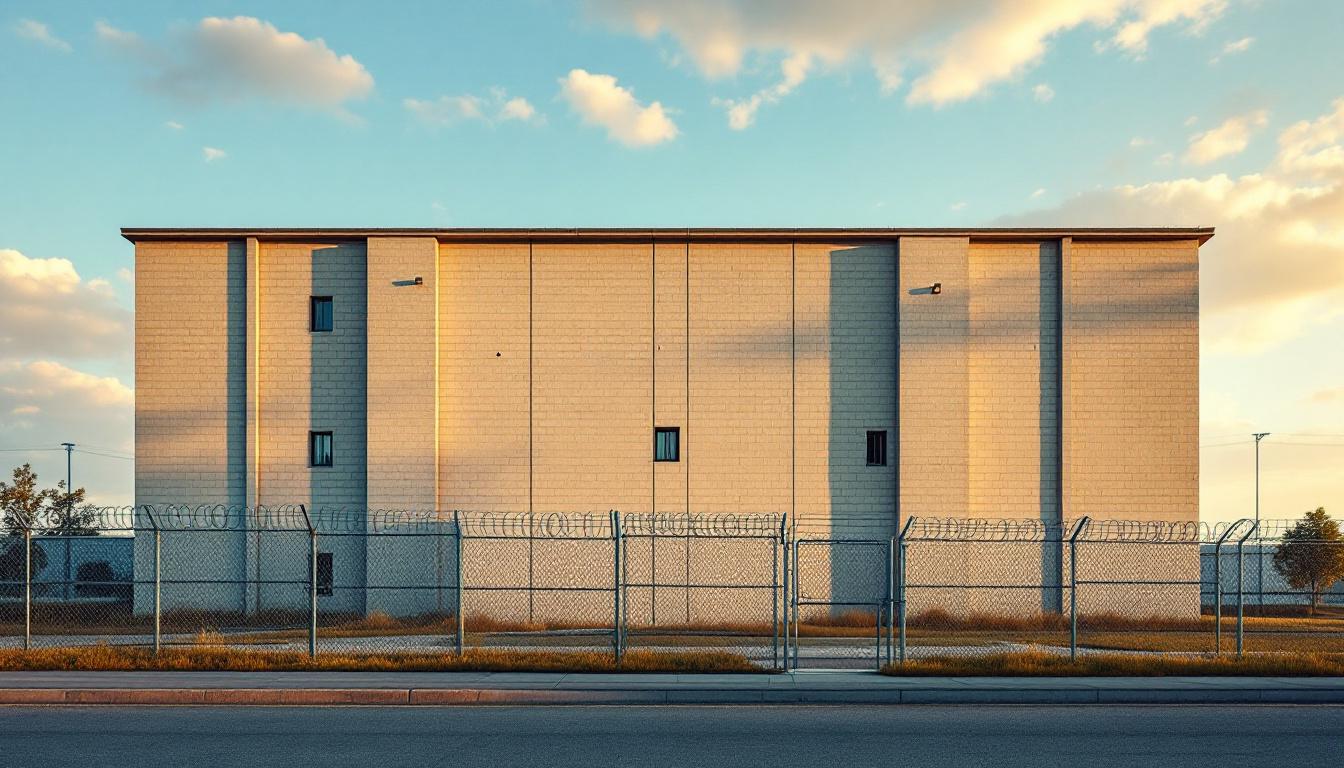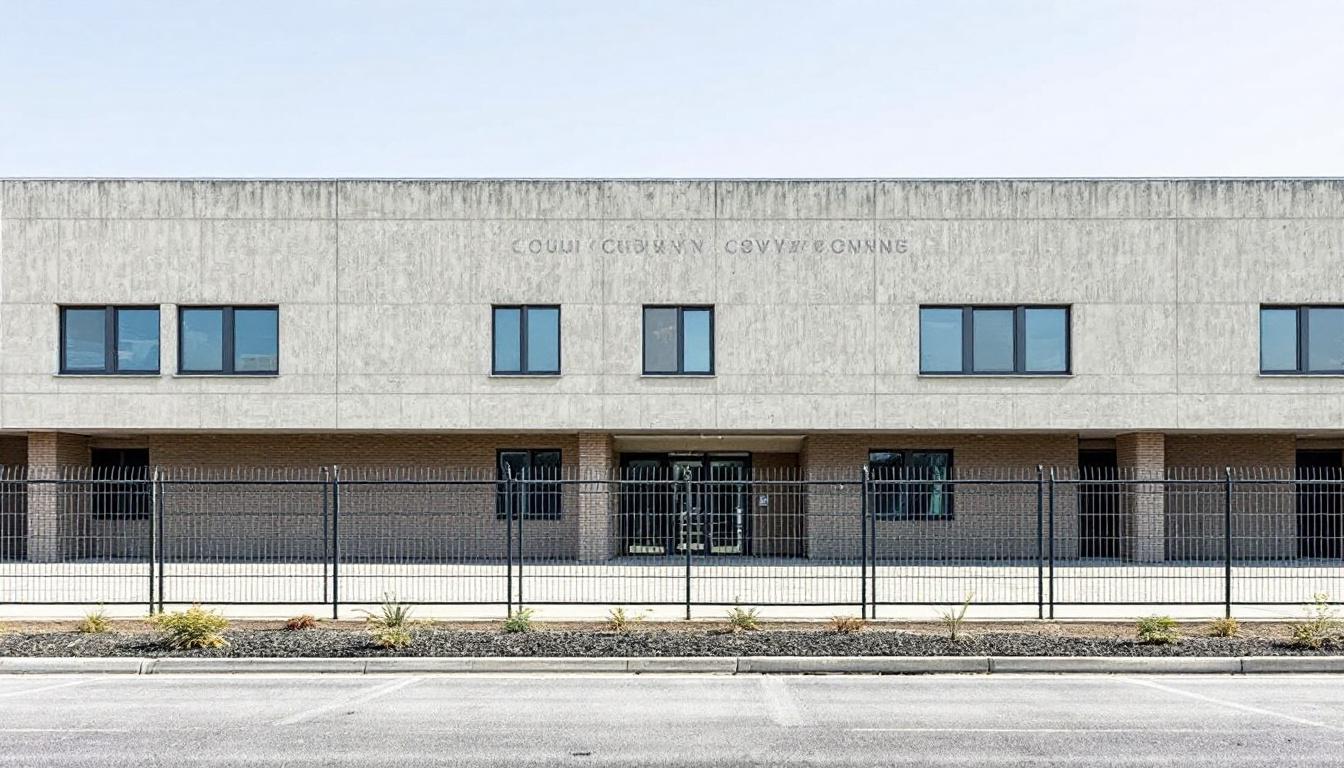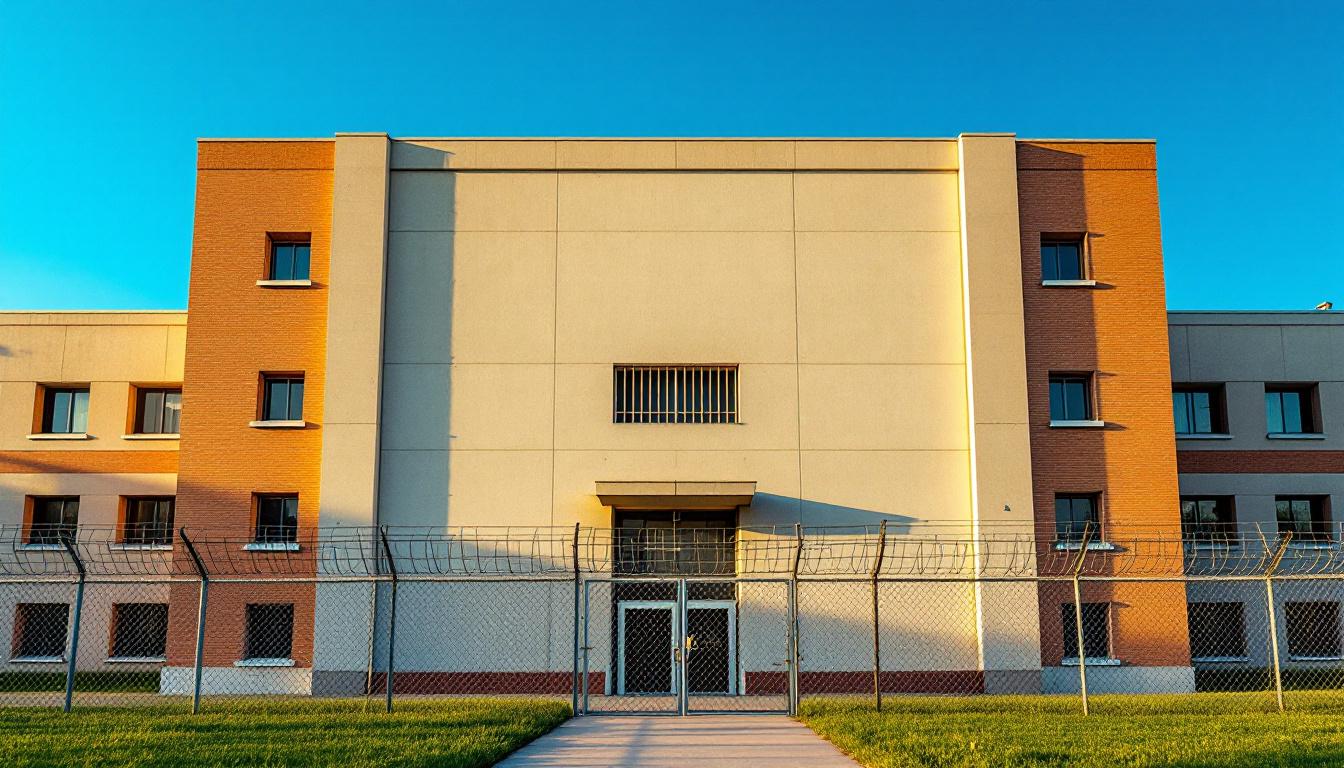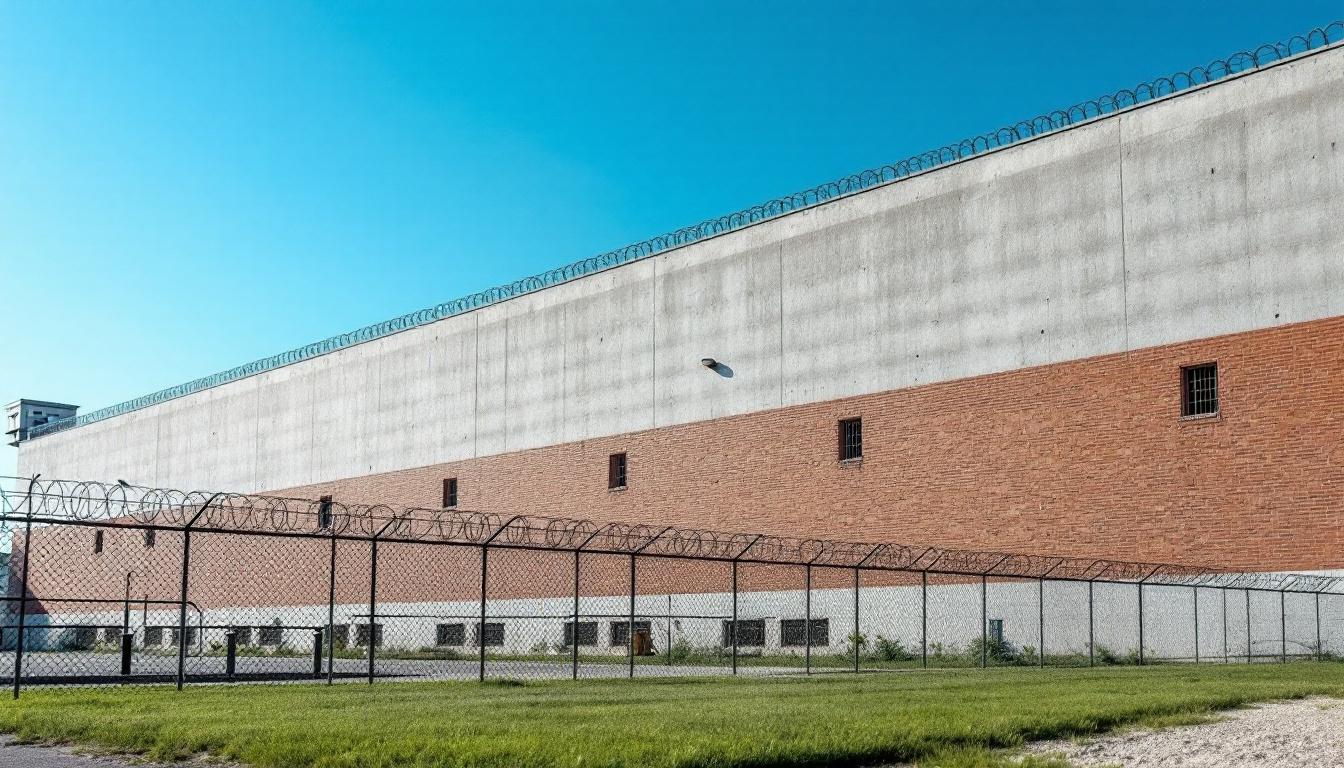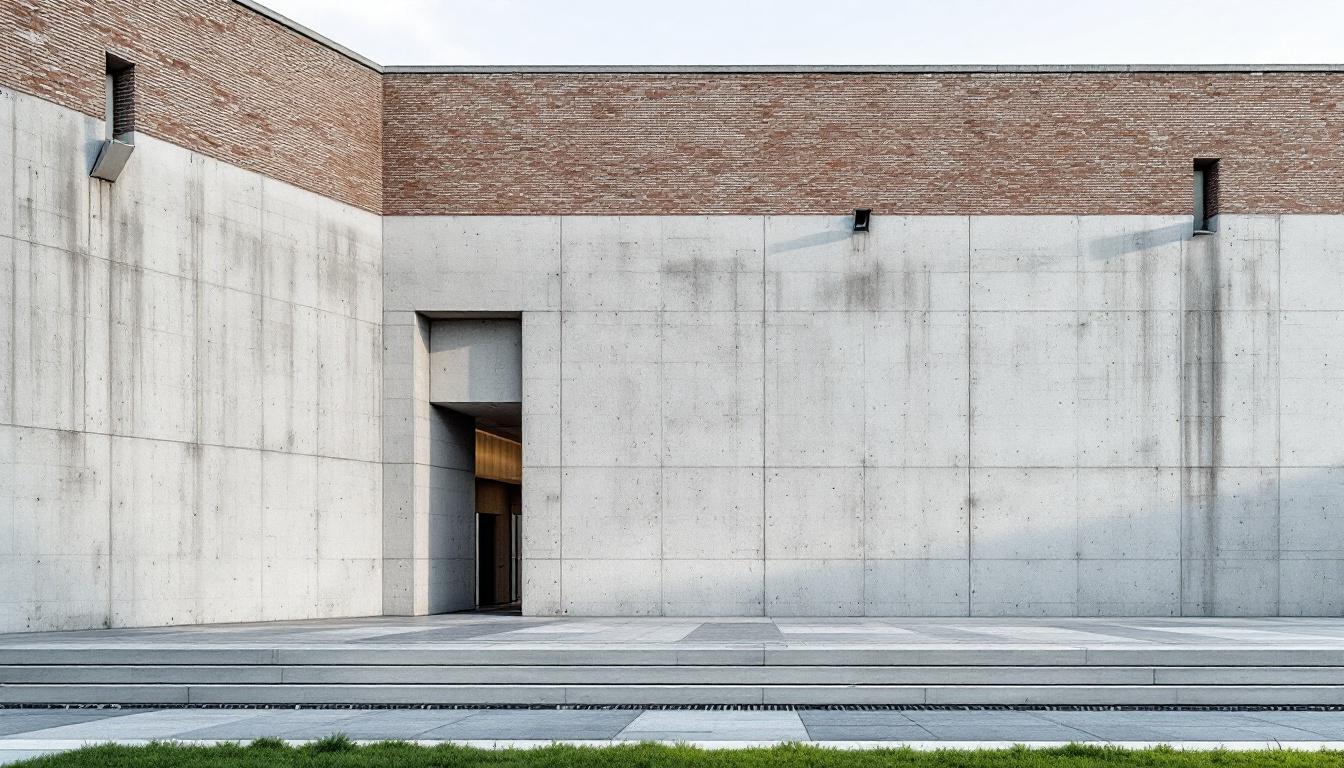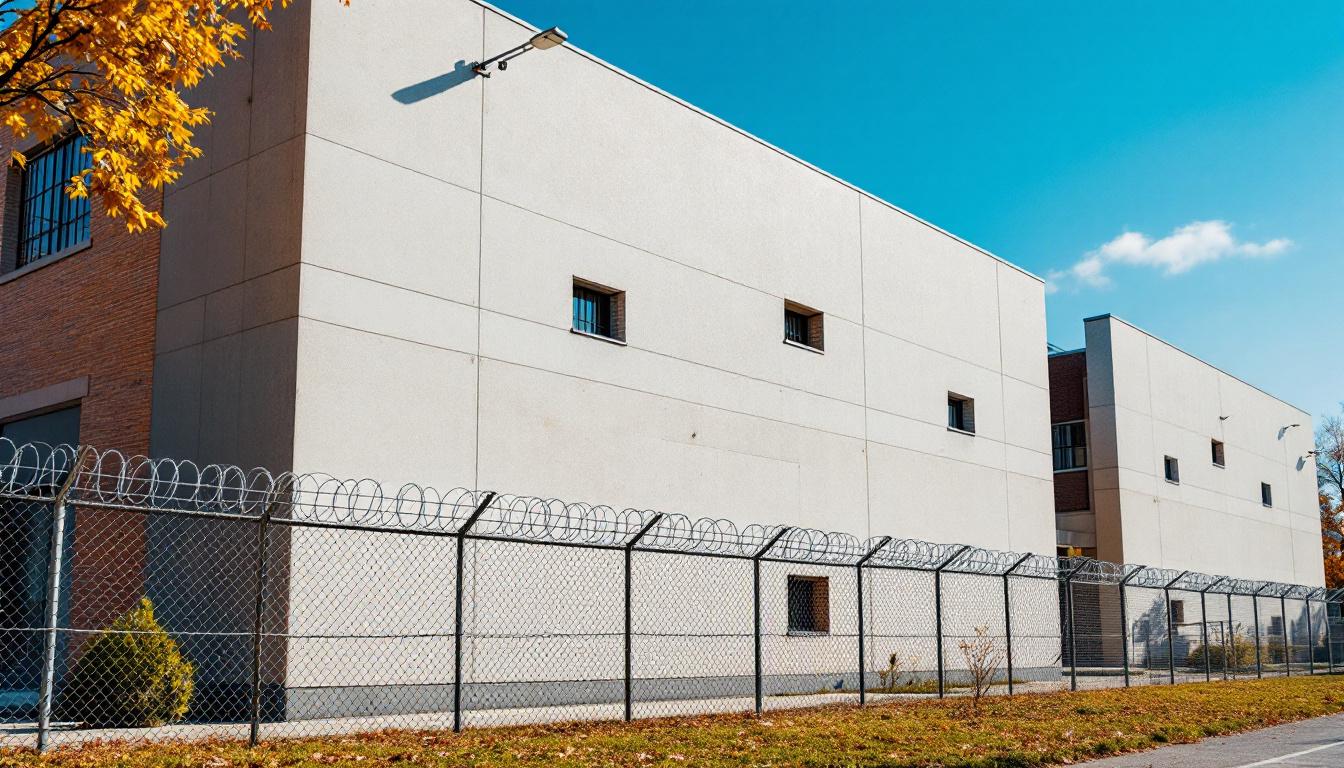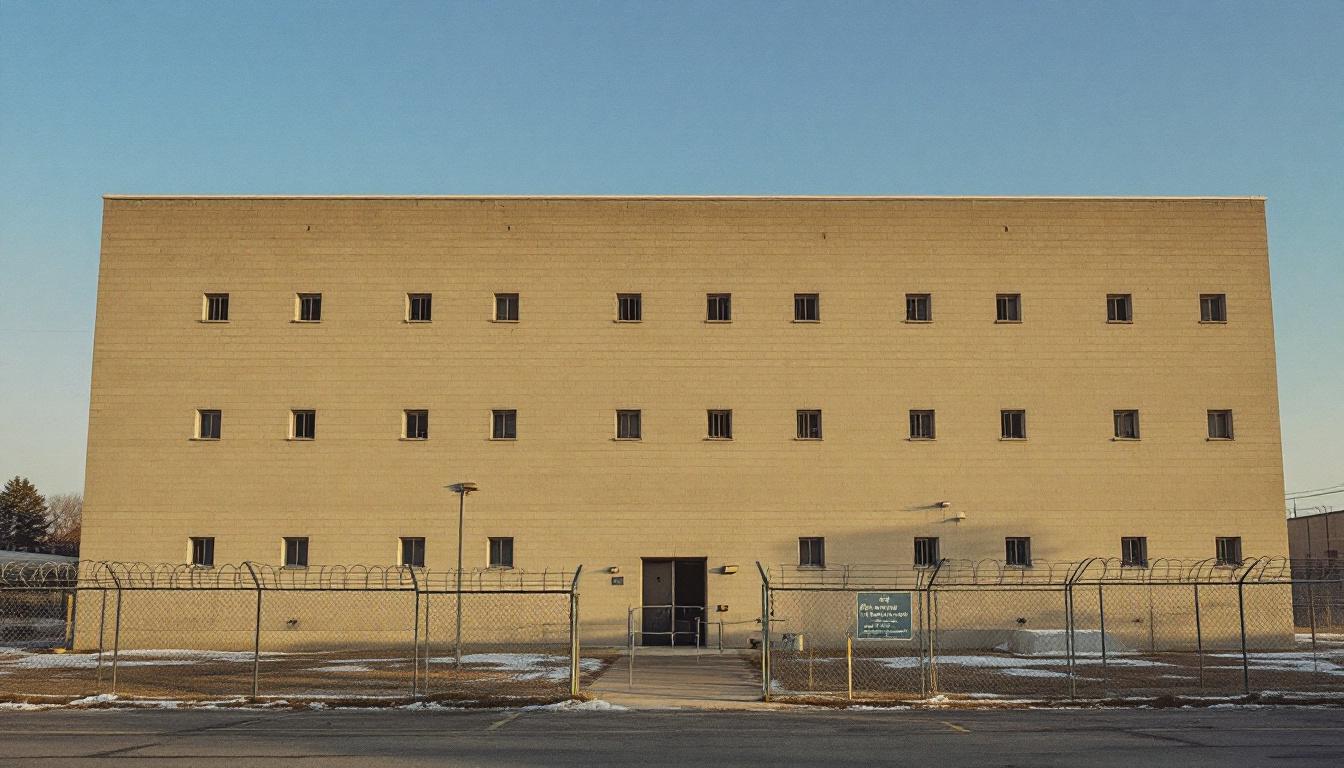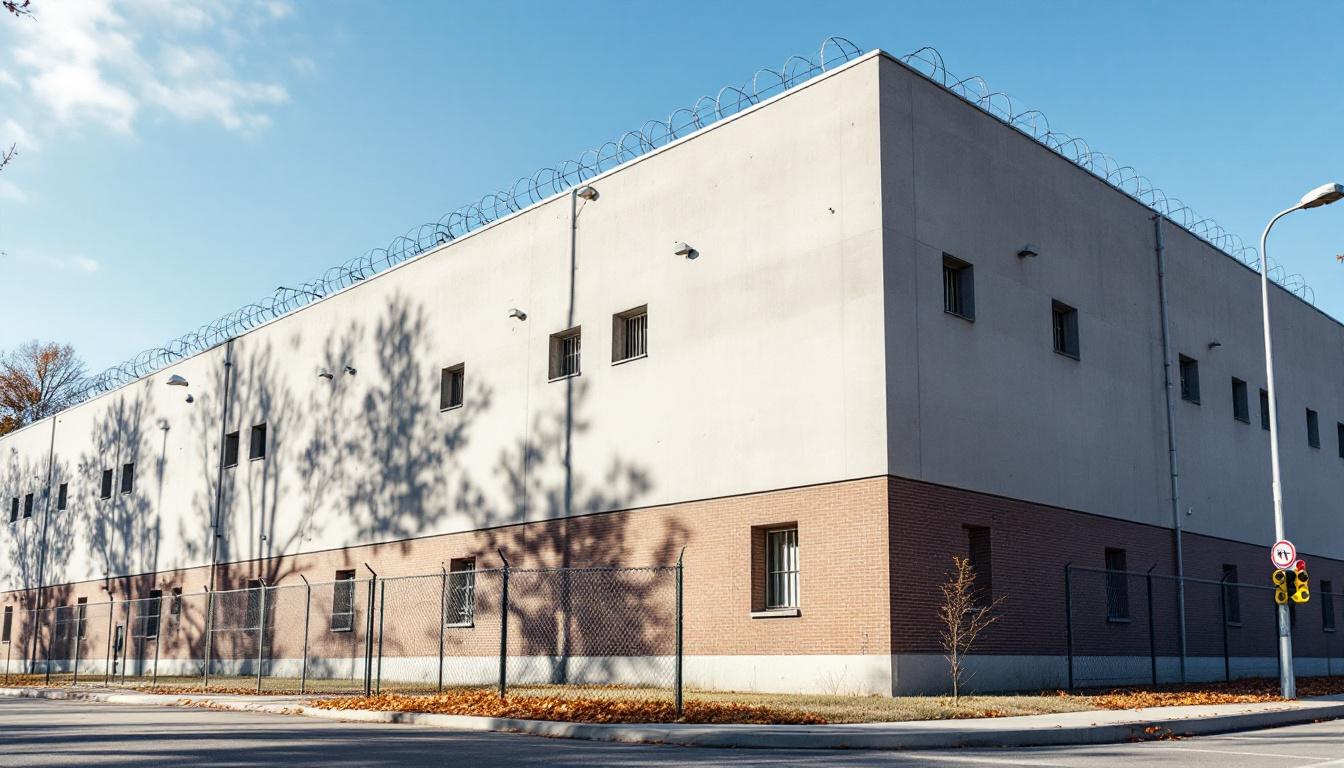
Quick Navigation
How to contact an inmate at Toledo Correctional Institute
This comprehensive guide will walk you through how to connect with an inmate at Toledo Correctional Institute. Follow the steps below to find an inmate and send letters and photos:
- Search for the inmate using our search tool below
- Create your account or log in to Penmate
- Write your message (up to 6,000 characters)
- Send instantly - inmates receive printed copies daily
Find an Inmate
Search for an inmate to start communicating today
Tip: You can search by first name, last name, or inmate ID number
To contact a person at Toledo Correctional Institute start by searching for the person on the official facility website. Perform a search by following these steps:
- Step 1: Enter their first name and last name into the search form and click "Search"
- Step 2: Locate their inmate record
- Step 3: Write down their Inmate ID and any housing information provided
Important! Be sure to enter the person's full name. Nicknames should not be used.
How to Send Messages to Inmates

You can use your phone or computer to send emails, letters, and photos to an inmate. Messages are sent electronically to inmate tablets or kiosks at the facility. If you would like to send a message, start by searching for an inmate at Toledo Correctional Institute.
Sending Photos and Postcards

A great way to send love and support to a loved one at Toledo Correctional Institute is to send photos and postcards. It only takes a few minutes to send photos from your phone and it makes a huge difference. You can also mail postcards with words of support and inspiration, or design your own postcard for special moments like birthdays and holidays.
Important! Be sure not to send any explicit photos or they may not be approved by the facility. You can also use a photo printing app like Penmate to make sure your photos are printed at the correct size (4x6 or 3x5) and are mailed according to the rules and regulations of Toledo Correctional Institute.
Frequently asked questions about Toledo Correctional Institute
-
How long does it take to deliver a message?
If you're sending an email message your letter is usually delivered within 24-48 hours. For messages sent via mail you should expect delivery within 3-7 days. All messages will need be approved by Toledo Correctional Institute.
-
How much does it cost to send a message to Toledo Correctional Institute?
You can send a message free using your phone or mail a message via USPS for the price of a $0.60 stamp and envelope. You can also purchase credits or e-stamps from services starting at $1.99.
-
What services can I use to contact an inmate at Toledo Correctional Institute?
Penmate
You can use Penmate to send letters and photos to an inmate from your phone. It's an easy way to stay in touch during your loved one's incarceration. Use the inmate locator to find an inmate's location and contact information, then you can send messages within a few minutes.
Securus messaging
Securus may be another option for communicating with an inmate at Toledo Correctional Institute. You can create a friends and family account and purchase credits to send messages. All messages will be reviewed and must be approved by the facility.
JPay
Some county jails and state prisons may support sending messages with JPay. You must register an account with the system, find your loved one, and purchase stamps to send messages. For some locations you can also attach photos.
Smart Jail Mail
You may also check if Smart Jail Mail is available at Toledo Correctional Institute. Smart Jail Mail is operated by Smart Communications and has contracted with some state and county jails. After purchasing credits, your messages and photos are sent to the facility, printed out, and then handed out to your loved one.
-
What is the mailing address of Toledo Correctional Institute?
Mailing address:
Toledo Correctional Institute
2001 E Central Ave
Toledo, OH 43608
Phone: (419) 726-7977 -
What are the visiting hours at Toledo Correctional Institute?
Visiting hours at Toledo Correctional Institute vary by housing unit and security level. Generally, visits are scheduled on weekends and holidays, with some facilities offering weekday visits. Contact the facility directly at (419) 726-7977 or check their website for the current visiting schedule. Visits typically last 30-60 minutes and must be scheduled in advance.
-
What items are prohibited when sending mail to Toledo Correctional Institute?
Prohibited items typically include: cash, personal checks, stamps, stickers, glitter, glue, tape, staples, paperclips, polaroid photos, musical or blank greeting cards, hardcover books, magazines with staples, and any items containing metal or electronics. Only send letters on plain white paper with blue or black ink. Photos must be printed on regular photo paper (no Polaroids). Always check with Toledo Correctional Institute for their specific mail policies.
-
How do I send money to an inmate at Toledo Correctional Institute?
You can send money to an inmate at Toledo Correctional Institute through several methods: 1) Online using JPay, Access Corrections, or the facility's approved vendor, 2) Money orders mailed directly to the facility with the inmate's name and ID number, 3) Kiosks located in the facility lobby, or 4) Over the phone using a credit or debit card. Fees vary by method, typically ranging from $2.95 to $11.95 per transaction.
-
Can I schedule a video visit with an inmate at Toledo Correctional Institute?
Many facilities now offer video visitation as an alternative to in-person visits. At Toledo Correctional Institute, video visits may be available through services like Penmate, Securus Video Connect, GTL, or ICSolutions. Video visits typically cost $10-20 for 20-30 minutes and must be scheduled in advance. You'll need a computer or smartphone with a camera and reliable internet connection. Contact the facility for their specific video visitation policies and approved vendors.
-
What identification do I need to visit an inmate at Toledo Correctional Institute?
All visitors must present valid government-issued photo identification such as a driver's license, state ID, passport, or military ID. Minors must be accompanied by a parent or legal guardian who can provide the minor's birth certificate. Some facilities require visitors to be on the inmate's approved visitation list, which may require a background check. Contact Toledo Correctional Institute for specific ID requirements and visitor approval procedures.
-
How can I find out an inmate's release date?
To find an inmate's release date at Toledo Correctional Institute, you can: 1) Use the online inmate search tool if available, 2) Call the facility's records department, 3) Contact the inmate's case manager or counselor, or 4) Have the inmate provide this information during a call or visit. For privacy reasons, some facilities only release this information to immediate family members.
Facility Overview
Contact Information
Toledo Correctional Institute2001 E Central Ave
Toledo, OH 43608
Phone: (419) 726-7977
Official Website

About Toledo Correctional Institute
Within Youngstown's industrial landscape, Toledo Correctional Institution, OH operates as a significant component of Ohio's state correctional system, serving residents from across the region with a focus on structured rehabilitation and community preparation. This OH correctional facility emphasizes comprehensive offender management through evidence-based programming designed to address the diverse needs of its population. The institution typically maintains educational partnerships with local organizations to provide accessible pathways for skill development, often including basic literacy programs, vocational training opportunities, and substance abuse counseling that reflect the community's workforce demands and social service resources.
The facility's approach to residents services generally encompasses both security operations and rehabilitative programming, with staff working to create an environment that balances accountability with personal growth opportunities. Educational initiatives may include adult basic education, GED preparation, and job readiness training that connects to employment prospects within the broader Youngstown area. Mental health support, religious services, and family visitation programs typically form additional pillars of the institution's comprehensive approach to preparing individuals for successful community reintegration.
Toledo Correctional Institution's role within Ohio's correctional framework often involves collaboration with regional social service agencies, educational institutions, and workforce development organizations to create continuity between incarceration and community transition. The facility generally maintains programs designed to address criminogenic factors while building practical skills that support long-term stability, reflecting the midwest region's emphasis on practical, community-centered approaches to criminal justice and rehabilitation.
Programs & Services
Comprehensive rehabilitation initiatives at Toledo Correctional Institution typically emphasize skill development and personal transformation through structured learning opportunities. The facility's approach to resident programming often centers on providing practical pathways toward successful community reintegration, with initiatives designed to address both immediate educational needs and long-term career preparation. These multifaceted efforts may deliver services that encompass academic advancement, professional skill acquisition, and therapeutic support systems.
Educational initiatives often include adult basic education courses, GED preparation, and literacy development programs that help residents strengthen foundational academic skills. Moreover, vocational job training initiatives typically provide hands-on instruction in various trades and technical fields, allowing participants to develop marketable skills during their incarceration. These programs may offer certification opportunities in areas such as construction, manufacturing, and maintenance, equipping residents with credentials that enhance their employment prospects upon release.
Support services frequently encompass recovery initiatives that address substance abuse issues through counseling and group therapy sessions. Moreover, volunteer programs often connect residents with community mentors and faith-based organizations that provide additional guidance and encouragement throughout the rehabilitation process. The facility may also deliver specialized training in areas such as upholstery, which combines practical skill development with therapeutic benefits, allowing residents to engage in meaningful work while developing both technical abilities and personal discipline that serve them well beyond their incarceration period.
Daily Life & Visitation
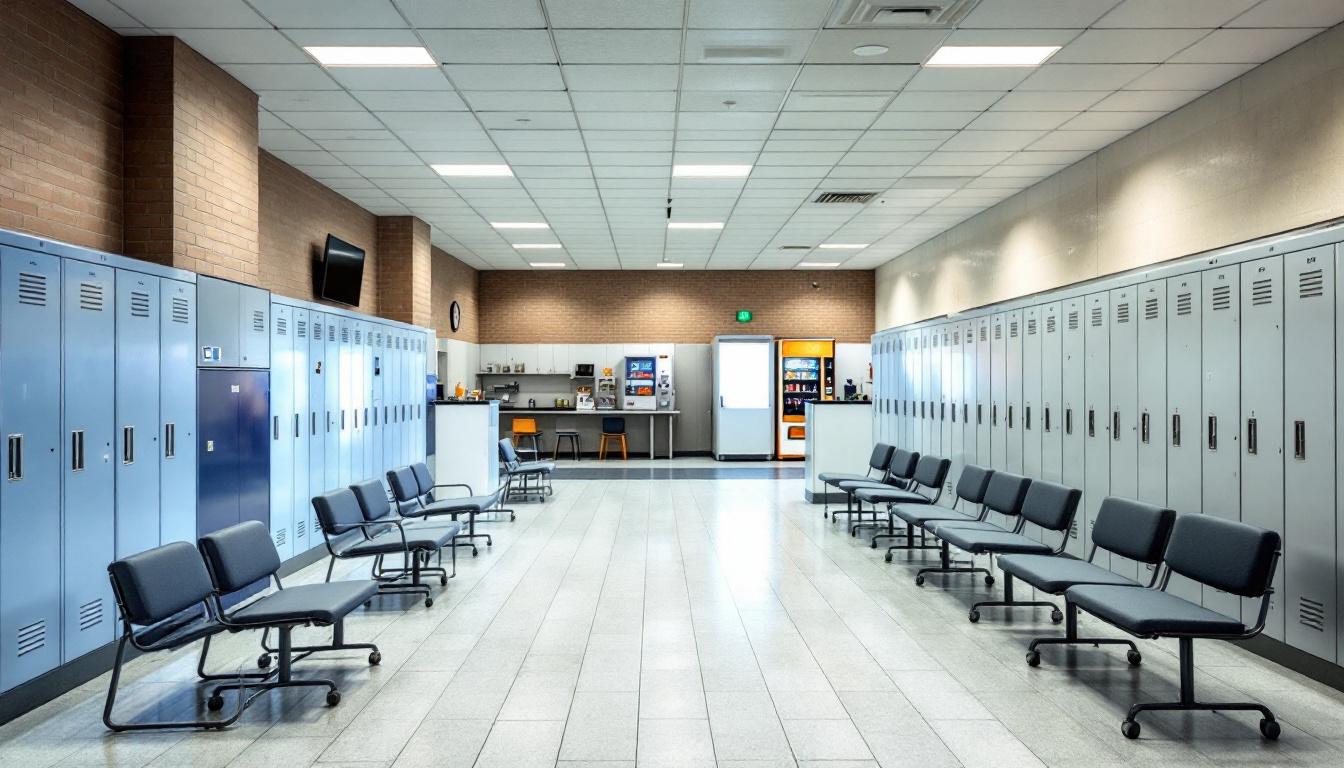
The steady rhythm of scheduled activities and consistent routines forms the backbone of daily existence, with each day beginning at the same early hour and following a predictable pattern that residents can rely on. Today, like every other day, the structured schedule delivers stability through carefully timed meal periods, work assignments, and recreational opportunities that help residents maintain a sense of normalcy and purpose. This consistent framework typically includes designated times for personal hygiene, facility maintenance duties, educational programming, and structured leisure activities that encourage personal development and social interaction.
Moreover, living accommodations generally consist of shared housing units where residents maintain personal spaces within dormitory-style or cell-based arrangements, depending on security classification and behavioral standing. The dining experience usually involves scheduled meal times in communal areas, where residents gather for breakfast, lunch, and dinner prepared by facility kitchen staff, often with assistance from residents assigned to food service duties. Personal property allowances typically include basic necessities, approved personal items, and commissary purchases that help residents maintain connections to their individual preferences and needs.
Whereas the structured environment emphasizes routine and security, recreational programming and family connections provide essential outlets for personal expression and relationship maintenance. Exercise opportunities generally include access to recreational yards, gymnasium facilities, and organized sports activities that promote physical wellness and social engagement. Communication with family members typically occurs through scheduled visitation periods, monitored telephone calls, and written correspondence, while work assignments within the facility may include maintenance duties, kitchen service, laundry operations, and various support roles that contribute to daily operations while providing residents with valuable skills and structured activity.
Ready to Connect?
Start communicating with your loved one today
Search for an Inmate
